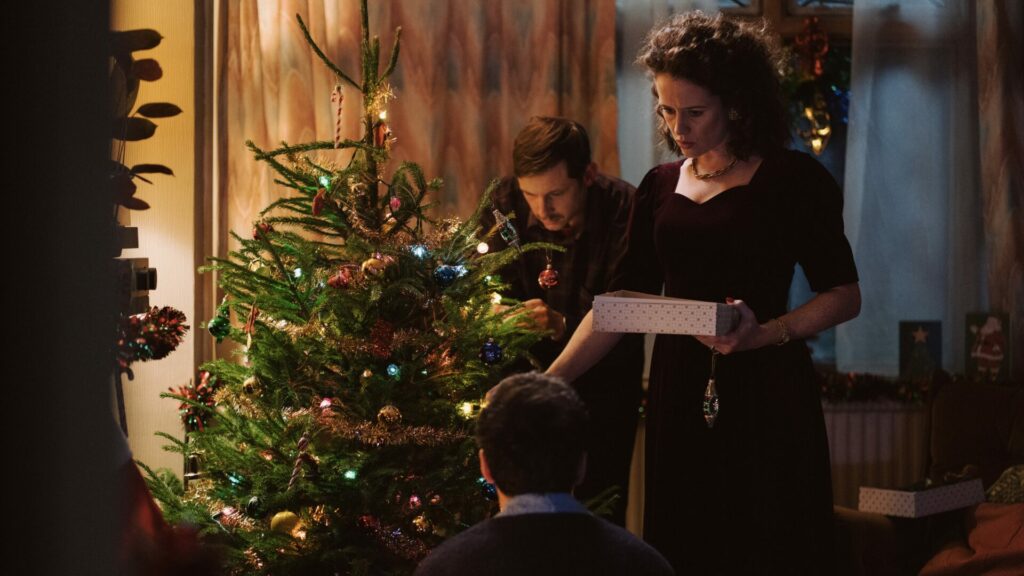All of Us Strangers: Here’s what people are saying about Andrew Scott and Paul Mescal’s gay romance film
Some spoilers ahead
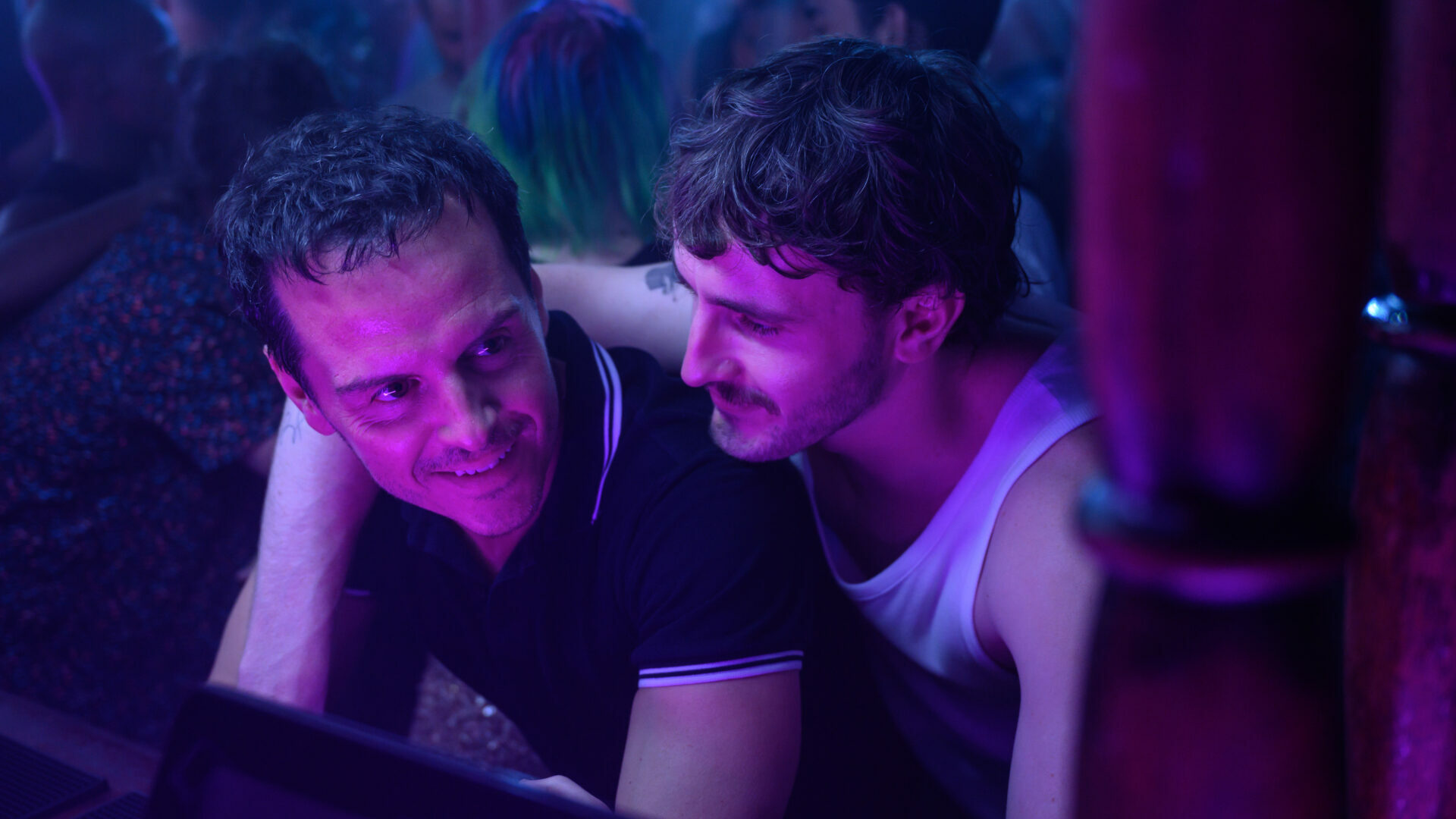
Andrew Scott and Paul Mescal’s upcoming romantic fantasy film All Of Us Strangers has had its international premiere and the reviews are in.
The film, adapted from the 1987 novel Strangers by Taichi Yamada, is scheduled for release on 22 December in the US. The UK release date is yet to be confirmed.
It follows Scott’s character, Adam, who leads a lovely life in London. That is until he meets Mescal’s Harry, his neighbour.
The two begin a romance while Adam also floats back and forth between his London flat and his childhood home where he encounters his parents (Claire Foy and Jamie Bell) who appear as they did on the day they died 30 years earlier…
After the long-awaited film’s debut at the Telluride Film Festival in Colorado on Thursday (31 August) reviews have started popping up. Here’s what people are saying…
Richard Lawson at Vanity Fair
“For all of its piercing insight and arresting performances, its steamy sex, its devastating conclusions, the film operates at a remove, from behind a pane of glass. Perhaps because Haigh gives Adam so little tether to the realm of the real; so much of the film is lost in plaintive reverie.
“All of Us Strangers is itself a kind of specter, looming and dreadfully insistent and yet incorporeal, impossible to truly embrace and hold tight to for dear life.”
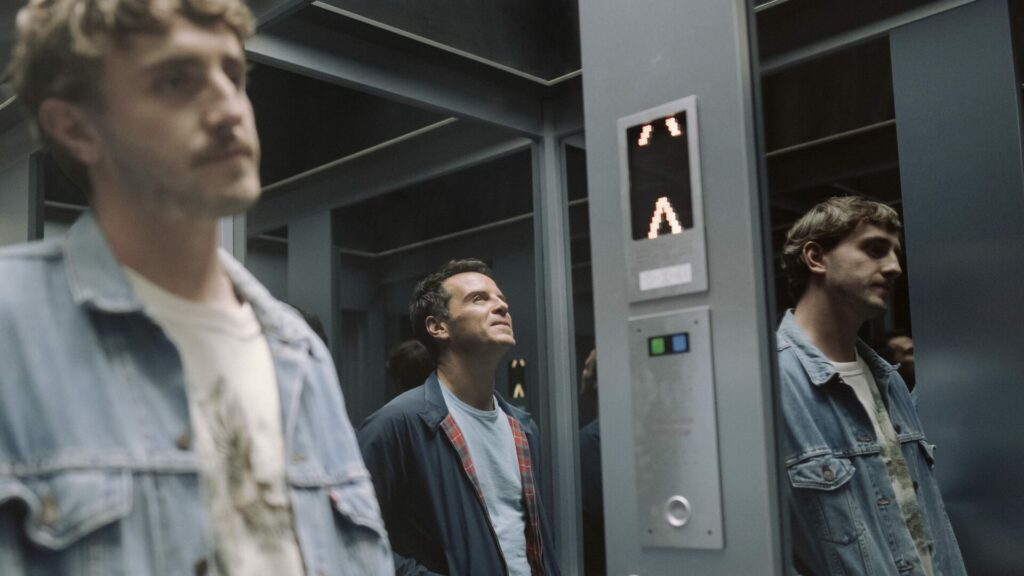
Peter Debruge at Variety
“[Writer-director Andrew] Haigh brings the same sense of intimacy to this movie, presenting us with characters who are willing to be vulnerable to partners they barely know. It’s sexy, of course, but also quite moving, as this kind of exposed honesty feels like the foundation for any relationship.
“Accompanying Adam and Harry through the getting-to-know-each-other stretch is nearly as satisfying as witnessing Adam get the support he needs from his parents. As he goes back for more — taking the train to see his folks, one at a time — a vague sense of conflict creeps into the film, suggesting that he’s clinging to something unhealthy, that he needs to move on.”
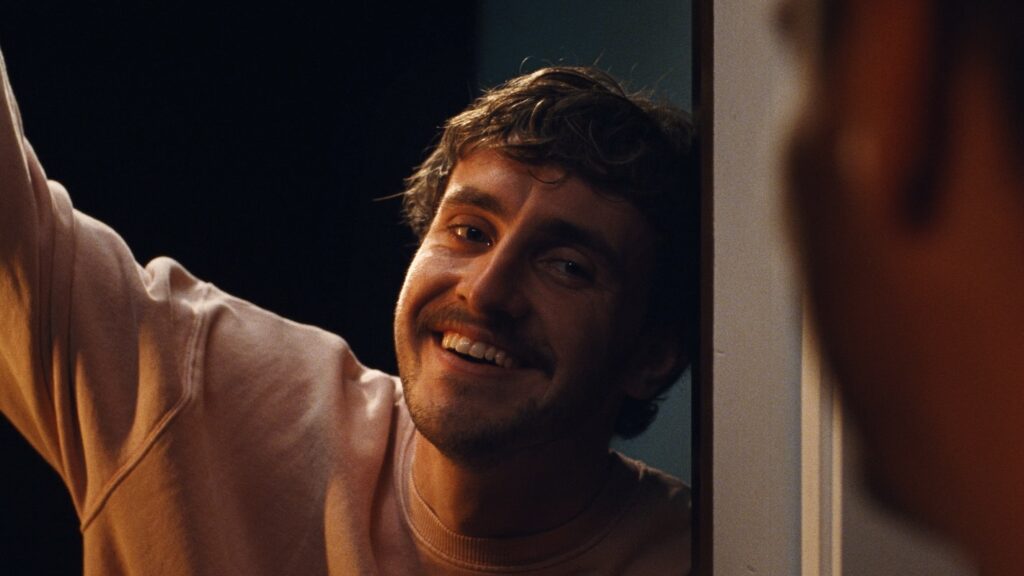
Gregory Ellwood at The Playlist
“We’ve admittedly only seen a fraction of Scott’s performances in the U.K. (he has a long list of television and stage credits), but we don’t recall him crafting a performance as subdued and layered as Adam before (or at least in this context). It’s genuinely impressive.
“Mescal, on the other hand, gives the gays everything they want projecting Harry as a sly, sexy, and almost dotting lover. In many ways he transforms Harry into the perfect match Adam didn’t know he needed. Mescal is so magnetic that Scott probably deserves even more credit for not fading opposite his inherent star power.”
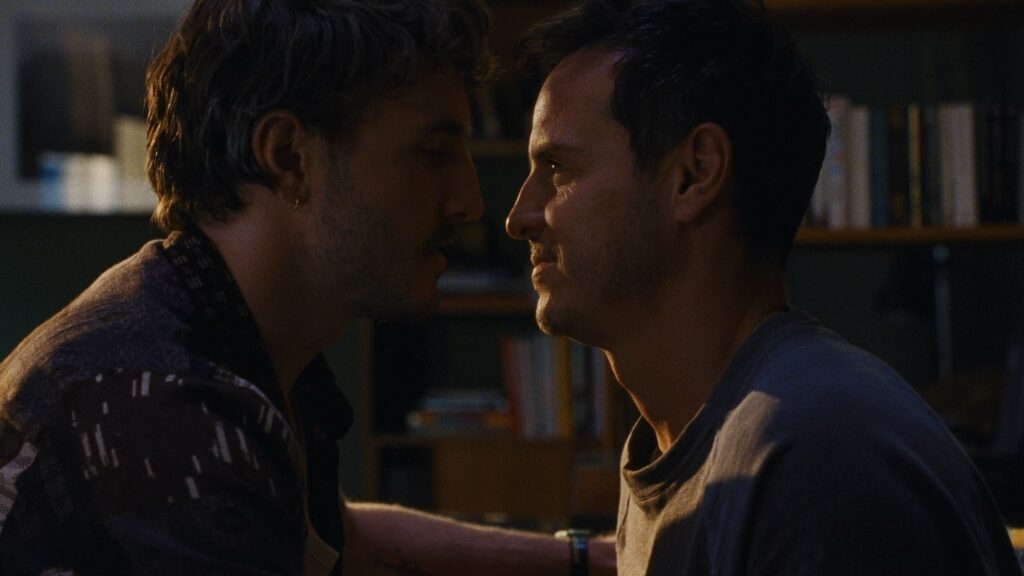
David Rooney at The Hollywood Reporter
“Without wishing to indulge in sweeping generalizations about national stereotypes, this is an English movie that’s uncommonly candid in the unsentimental rawness of its feelings, the naked vulnerability of its characters, making its impact all the more piercing.
“The four principal actors in the chamber piece, which plays with time, place and consciousness in boldly unconventional ways, respond to that approach with fully attuned performances, each of them yielding moments that brought tears to my eyes.”
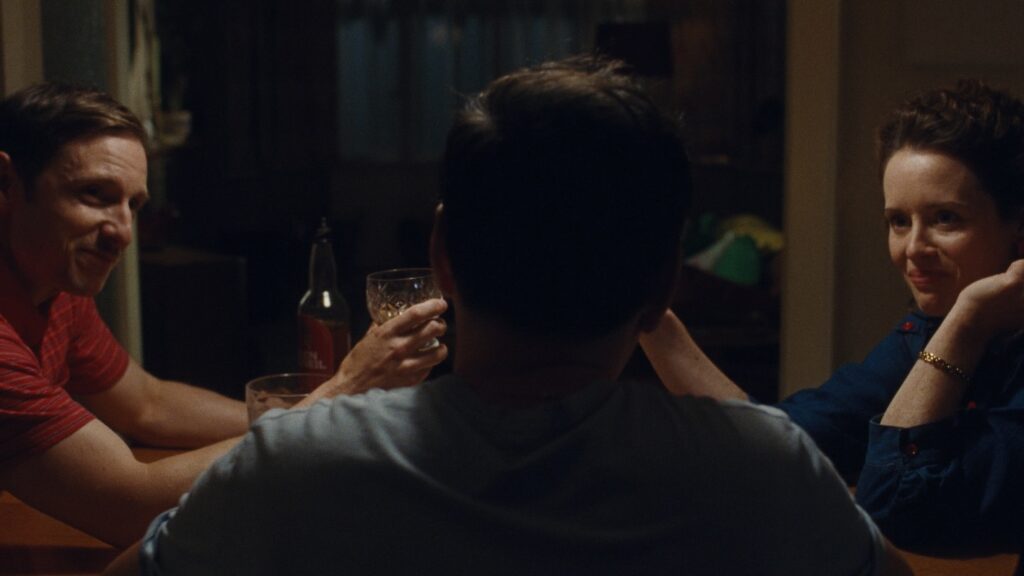
Hannah Strong at Little White Lies
“The chemistry between Scott and Mescal in their scenes is atomic; where the older is shy and cagey, Harry is impossibly worldly, and just a little bit heartbreaking as he deflects by bringing Adam out of his shell. There’s something desperately sad in Mescal’s gaze that only begins to decode as the film slips into its devastating final act, while Scott’s delicacy is worlds away from the more bombastic performances he delivered in Sherlock or Fleabag – or even in his much-lauded Almeida production of Hamlet.
“Here he is tasked with portraying a protagonist who is withholding and drifting, stuck – quite literally – in the past, grieving for a life he lost, and a life he never got to live. Scott rises to the challenge, lost and lonely and lovely, a little boy who simultaneously grew up before he had to, while never quite processing his phenomenal loss.”
